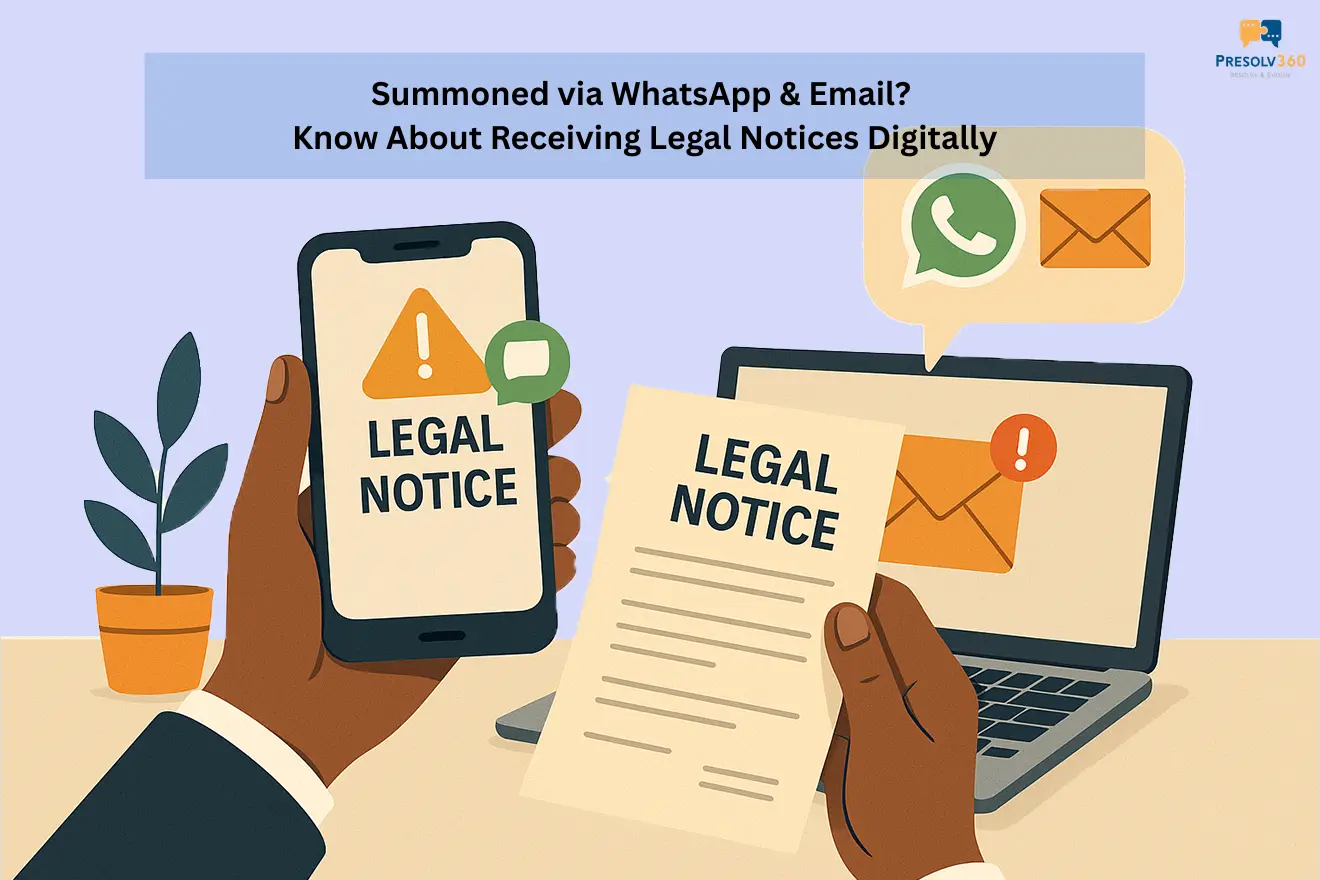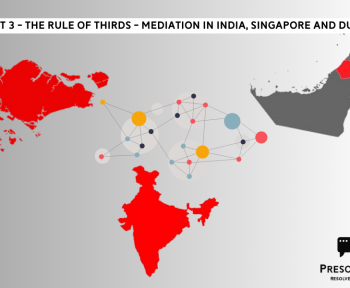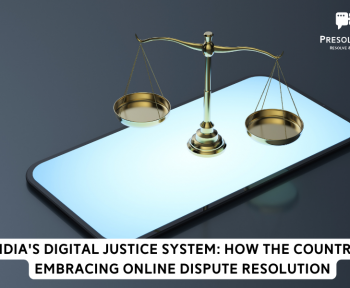Imagine checking your WhatsApp and seeing a legal notice pop up. Your heart races. Is it real? Is it valid? Can a court summons be served through WhatsApp or email?
Welcome to the digital era of the legal world. At Presolv360, we’ve seen how technology is reshaping legal communication. It’s faster, smarter, and often completely paperless.
Gone are the days when legal notices were delivered only by post or hand delivery. In today’s digital age, courts and legal professionals are increasingly embracing electronic means to serve summons, most commonly via WhatsApp and email. But is this legally valid? And what should you do if you receive a legal notice on WhatsApp?
The Shift from Physical to Digital Legal Notices
Traditionally, receiving a legal notice or court summons meant a visit from the postman or a process server. But as digital communication becomes the norm, even the legal world is adapting.
Courts across India have begun recognizing the service of summons through WhatsApp, email, and even SMS, especially in urgent or time-sensitive matters. This isn’t just about convenience; it’s about ensuring justice isn’t delayed due to outdated delivery systems.
Is It Legal to Receive Summons via WhatsApp or Email?
The Supreme Court of India, in various judgments, has acknowledged that summons through WhatsApp and email can be considered valid service, as long as there’s proof it was delivered and seen.
A legal notice sent via WhatsApp or email can carry the same legal weight as a physical copy if proper protocols are followed. The apex court has noted that visible double blue ticks on WhatsApp can indicate delivery and reading of the notice, reflecting the shift toward a digital-first legal ecosystem.
How Digital Legal Notices Work
Here’s a simplified flow:
- Drafting the notice: Just like a traditional one, only in digital format.
- Sending via WhatsApp/email: With timestamps, delivery, and read receipts as evidence.
- Legal follow-up: The sender may still file an affidavit or supporting document showing that the notice was seen.
- Compliance: The recipient is expected to act on the notice within a specific time, just like traditional notices.
Advantages and Challenges of Digital Legal Notices
Advantages:
- Speed: Immediate delivery and acknowledgment, no waiting days or weeks.
- Cost-effective: Saves time, paper, postage and process server fees.
- Trackable: Read receipts and delivery status serve as proof.
Challenges:
- Privacy concerns: What if the number is incorrect?
- Non-tech-savvy recipients: Not everyone uses email or WhatsApp.
- Proof of service: Read receipts can be turned off.
What to Do If You Receive a Legal Notice Digitally
Receiving a legal notice on WhatsApp or email can be unnerving. Here’s what you should do:
- Do not ignore it: Digital or not, it carries legal weight
- Don’t panic. Take a deep breath and read it carefully.
- Verify authenticity—check the sender’s identity, signatures, and context.
- Consult a legal expert—especially before responding.
- Respond professionally—legal silence can be costly.
- Save the communication: Screenshots, emails, and timestamps are important evidence
The Future of Digital Legal Notices
With increasing court recognition of WhatsApp summons and rising digital infrastructure, the future of legal services is clear: fast, transparent, and digital-first.




